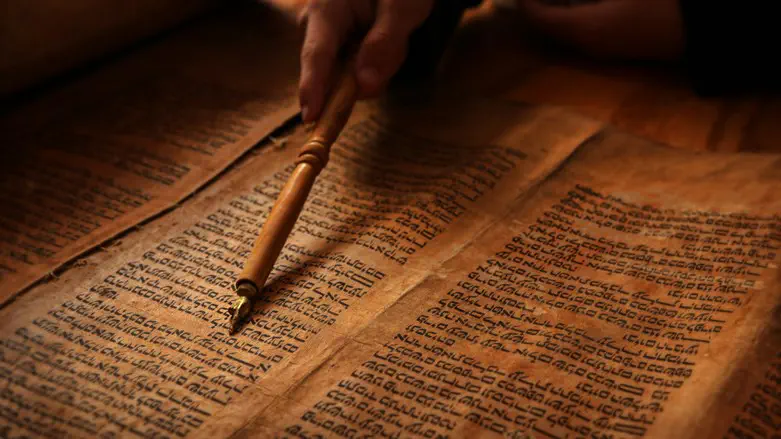
Much of this week’s Parshah highlights the epic conclusion to the Exodus, where the Jews cross the split sea, and the pursuing Egyptians are devoured by the raging waters coming back to their original boundaries. Upon witnessing this open miracle, the Jews broke out into the song of “Az Yashir,” hence this week is known as Shabbat Shirah.
Fascinatingly, and not as well known is the opening of this week’s Parshah, where the Torah states [Shemot 13’ 19’]:
“And Moses took with him the bones of Joseph, who had exacted an oath from the children of Israel, saying, “God will be sure to take notice of you: then you shall carry up my bones from here with you.”
Virtually immediately following this Possuk, the Torah describes the initial events that led to the splitting of the sea.
The commentaries grapple with this seemingly random detail; why does the Torah mention here that Moshe took the body of Yosef out of Egypt? If this is a necessary piece of information, should it not have been mentioned earlier, before the Exodus?
Rabbeinu Bachye [ad. loc.], in his commentary, posits:
“While the Israelites were still preoccupied with material concerns such as demanding silver and gold from the Egyptians, Moses was preoccupied with nobler matters, needs of the soul, by performing the commandment of seeing to it that Joseph would eventually be interred in Eretz Yisrael…In return for having performed this commandment Moses himself was interred by someone greater than he himself, by the Almighty personally, as we know from Deut. 34,6: “He (G’d) buried him [Moshe] in the valley, etc”…We have also found a Bereshit Rabbah 87,10 that Moses needed to take Joseph with him as otherwise he could not have split the Sea of Reeds.”
Astoundingly, Rabbeinu Bachye illuminates for the reader that the entirety of the splitting of the sea was in the merit of Yoseph, and the sacrifices that Yosef made to maintain his spiritual identity as a Jew while in Egyptian captivity for more than a decade. It seems, that the Torah is communicating that something as unnatural as the splitting of a body of water, required a catalyst of the greatest proportions–and that was the merit of Yoseph, who was able to withstand indignities and abuse at the hands of the Egyptians, only to emerge unscathed and with his purity intact.
It seems that the stories of the hostages that are being released to the public echo the great merit and astounding self sacrifice of our ancestor Yosef. Who can fathom keeping Shabbat and Yom Kippur while kidnapped by vile Hamas terrorists? Davening from a Siddur found in Gaza, left behind by an IDF soldier [most likely]? Or as one hostage stated, the only thing she had to rely on was Emunah\faith. Truly, these hostages are able to provide merit to “split the sea” for all of Israel, as their public demonstration of faith in G-d sanctifies G-d’s name in ways that are beyond reason, and replicates the devotion of Yosef.
Of course, the story is not yet over; there are still hostages and bodies that need to be returned to our people. But if there is one thing we can glean from this week’s Parshah, it would be that–Moshe, who devoted himself to recovering the body of Yosef, in order to bring it back to Israel, merited to be buried by G-d Himself [see Rabbeinu Bachye quoted earlier]--there is no question, that our heroic soldiers are meriting the greatest of Divine rewards, through their efforts to bring our people home, just like Moshe Rabbeinu.
Dedicated in memory of all those who have perished and sacrificed for Am Yisrael.
Have a Great Shabbas.